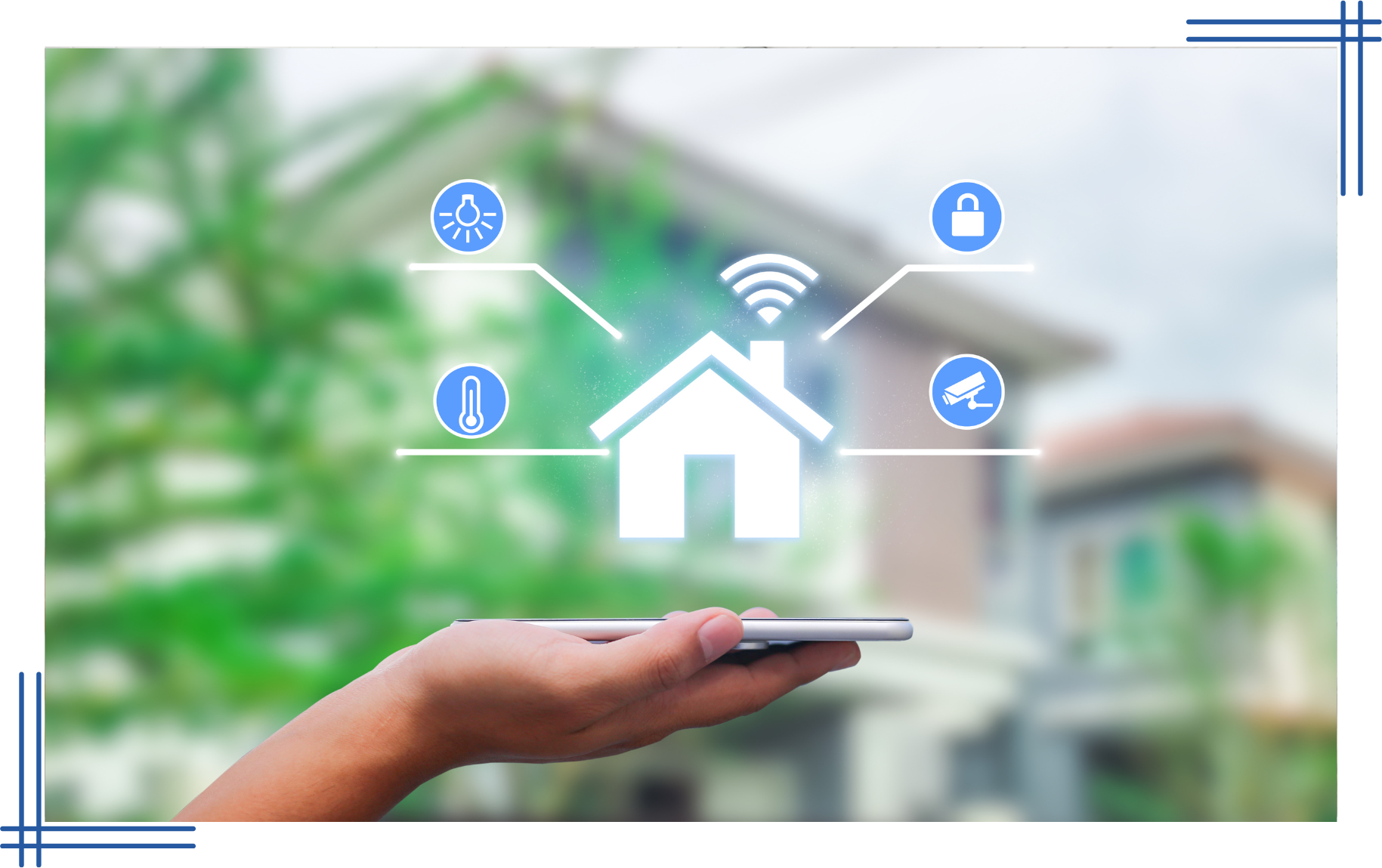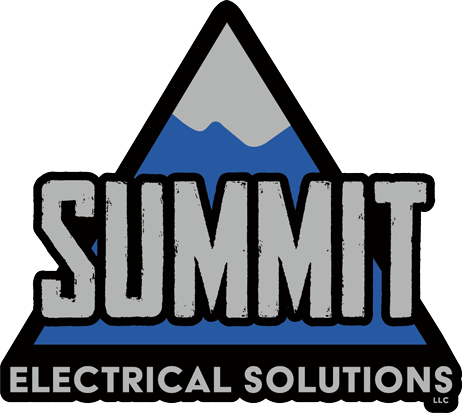
Slide title
Write your caption hereButton
Smart Home Solutions

Slide title
Write your caption hereButton
Smart Home Solutions
In the digital age, smart technology is revolutionizing how we live and work, making our environments more intuitive, secure, and efficient. From automating routine tasks to enhancing security measures, the integration of smart systems into homes and businesses is not just a trend but a significant shift towards a more interconnected and streamlined future.
The Impact Of Smart Technology In Homes And Businesses
Smart technology in the workplace transcends the basic automation of physical tasks, extending into the areas of enhancing productivity and optimizing resource management. These technologies help in creating an environment that can adapt to the needs of its occupants, thereby improving overall workplace efficiency. For instance, thermostats and lighting systems adjust according to occupancy and time of day, resulting in reduced energy consumption and cost savings. Additionally, these devices facilitate better communication and collaboration through shared digital workspaces and streamlined processes, thereby boosting employee satisfaction and driving innovation.
Smart building automation is at the forefront of reducing operational costs and enhancing building efficiency. Systems like HVAC (Heating, Ventilation, and Air Conditioning) and lighting that adjust automatically based on real-time data not only save on energy but also extend the lifespan of the equipment through optimal usage. For example, buildings equipped with sensors that detect natural light can diminish the use of artificial lighting, which significantly reduces energy expenses. Such systems are not only economically beneficial but also promote a greener, more sustainable approach to building management.
Considerations And Benefits When Securing Your Home
Smart locks are a foundational aspect of physical home security in a smart home setup. These devices provide keyless entry options such as codes, biometrics, or smartphone controls, which not only offer convenience but also allow for better monitoring of who enters and exits the home. Many locks feature built-in alarms that trigger in the event of tampering or forced entry attempts, adding an extra layer of security.
Windows can be equipped with sensors that alert homeowners if windows are unexpectedly opened or broken. These sensors can be integrated into the home’s main security system to provide real-time alerts and can even be connected to a monitoring service that can take immediate action if a breach occurs.
For businesses, security systems offer comprehensive solutions that protect assets and ensure the safety of personnel. Advanced surveillance cameras equipped with AI-powered analytics can detect unusual behaviors and alert security personnel in real time. Access control systems using biometrics or RFID technology can restrict entry to sensitive areas, minimizing the risk of internal theft and ensuring that only authorized personnel have access. These security solutions not only enhance the physical security of business premises but also integrate seamlessly with digital security systems to provide a holistic security framework.
One of the most immediate benefits is in the domain of lighting and energy management. Smart lighting systems are capable of automatically adjusting the light intensity based on the time of day or occupancy, which not only enhances comfort but also reduces energy wastage. Similarly, energy management systems can monitor and control energy usage across various devices, providing actionable insights that help in further reducing energy costs.
Security Hardware
- Access control systems and locks enhance the security of buildings by allowing detailed control over who can access certain areas and when. These systems can be programmed to provide temporary access, monitor entry and exit times, and even integrate with other security systems for enhanced monitoring.
- Modern video surveillance systems leverage AI to analyze video feeds in real-time, allowing for immediate response to potential threats or recognized patterns of behavior. This technology not only improves security but also reduces the workload on human monitors by highlighting incidents that require human attention.
- Sensors play a critical role in environmental monitoring, detecting everything from smoke and fire to toxic gases and structural weaknesses. These sensors can trigger alerts and integrate with other systems to initiate a response, such as activating ventilation systems or notifying emergency services, thereby preventing disasters and maintaining safety.
Integrating Systems For Optimal Performance
To maximize the benefits integration is key. A unified system that allows various smart technologies to communicate can enhance the functionality and efficiency of individual components. For instance, a smart thermostat that can communicate with window sensors can more effectively manage indoor temperatures based on whether windows are open or closed.
Looking ahead, the future of smart technology in homes and businesses appears robust and full of potential. Innovations in AI and IoT are expected to drive further advancements, making systems even more intuitive and capable. As technology continues to evolve, the way we interact with our living and working spaces will undoubtedly become more connected and responsive to our needs.
This technology not only promises a more efficient and secure future but also heralds a new era of environmental responsibility and enhanced quality of life. As more homes and businesses adopt these technologies, the impact on energy conservation, security, and operational efficiency will be significant, marking a substantial step forward in our journey towards a smarter, more sustainable world.
Ready to embrace the future with smart technology? Summit Electrical Solutions is here to guide you every step of the way. Whether you're looking to enhance the security of your home or streamline the efficiency of your business, our cutting-edge Smart Home and Security Systems are designed to meet your unique needs. Don't wait to transform your property into a safer, smarter, and more sustainable space. Contact Summit Electrical Solutions today to learn more about our customizable solutions and start your journey towards a smarter future.
Frequently Asked Questions
Q1: Can smart home technologies integrate with older, vintage home systems without compromising the original architecture?
A1: Yes, many technologies are designed to be minimally invasive and can integrate seamlessly with existing fixtures and systems. Wireless solutions and devices that blend with existing decor allow for upgrades without altering the historical or aesthetic aspects of a vintage home.
Q2: How can smart systems help in reducing insurance premiums for both homes and businesses?
A2: Installing these security systems and environmental monitoring technologies can significantly reduce the risk of theft, fire, and water damage. Many insurance companies recognize these decreased risks and offer lower premiums as an incentive for upgrading to smart technologies that enhance safety and security.
Q3: Are there smart solutions for noise management in homes or workplaces?
A3: Yes, innovative sound management systems can actively monitor and adjust the acoustics of a space. These systems use sound-masking technologies and noise-canceling algorithms to create a more controlled acoustic environment, which is particularly useful in open-plan offices or homes in noisy areas.
All Rights Reserved | Summit Electrical Solutions
